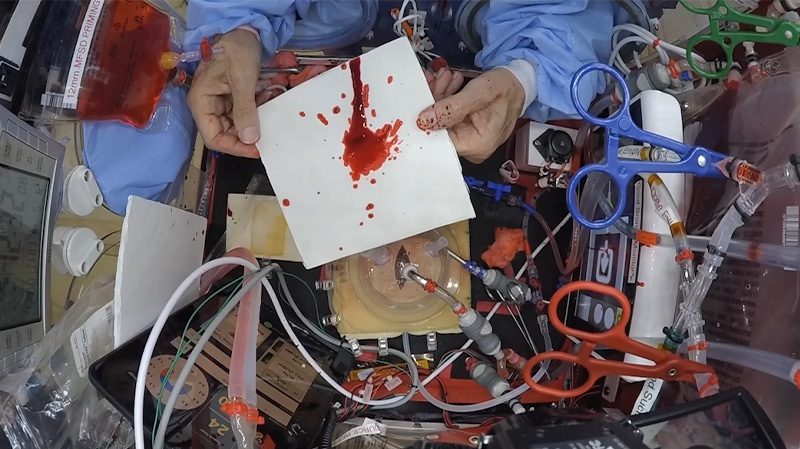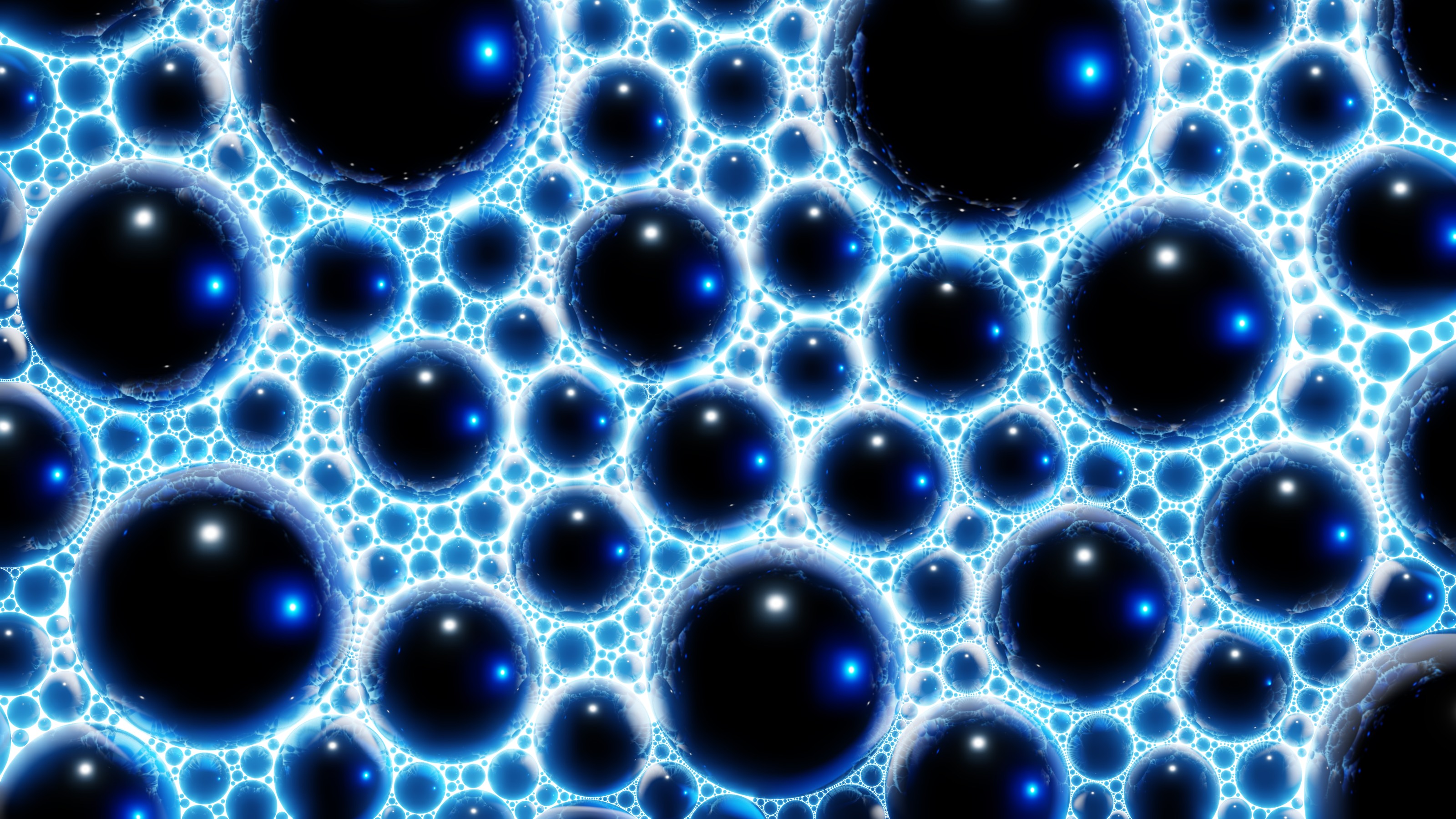If you tell a physicist they’re weird, the correct response should be, “Why thank you.” Science journalist and editor George Musser says this particular branch of science is supposed to engage the zany. One hundred years ago, people doubted the existence of atoms; the job of physics is to go beyond our everyday experience, to think of ‘what if’ ways to explain the world and prove them by relating the truly strange back to reality until one day, invisible things like atoms are a given.
Physics is fun precisely because it’s so weird, and the weirdness of it really is pivotal. “In fact if the theory isn’t weird, you kind of doubt it because you might worry that your own biases are intruding into the theory and causing you to think the world is a certain way when you’re not listening to the way the world actually is. So weirdness is in a sense a test of theory,” Musser says. However there’s an important ‘but’ clinging onto this push for the strange, and that is that a theory can’t be weird just for weird’s sake. The ideas physicists propose have to connect back to what we observe in the world, which is what makes the field so challenging – can we be playful and creative and then rigorous enough to learn the truth about how subatomic particles work?
One of the most wonderfully weird ideas humans are fascinated by is psychic powers – telepathy, telekinesis. But the connections between different particles and objects in the universe don’t support these ideas and Musser states that they undermine the foundation of the spatial laws that our existence is built upon. So as much as we would love psychic ability, it undermines physics. Playfully imagining what those powers might be like, he warns it’s a ‘careful what you wish for’ scenario anyway. It would be great if only you had these powers; your team would always win the baseball! But assuming we’re all equals, each team would have a multitude of brains fighting each other for momentary control. The interference and mess caused by mass mental manipulation of physics would be catastrophic.
George Musser’s most recent book is Spooky Action at a Distance:The Phenomenon That Reimagines Space and Time–And What It Means for Black Holes, the Big Bang, and Theories of Everything.
George Musser: The whole progress in physics is to start with our everyday experience and to analyze it and to look at it and to look for deviations from it. So the very nature of really all the natural sciences but certainly of physics is to really get away from our experience. So the things physics comes up with are just kind of are weird. They are going to be because that’s just how the world operates. That’s how physics makes sense of the world. Subatomic particles we can’t see them directly at least but we know they’re there. We actually do thought experiments about the things we do see and deduce their existence. So already even with just that limited example we have gone intra beyond our direct experience. And a hundred years ago or so people doubted the existence of atoms, let alone of subatomic particles. Nonlocality, spooky action at the distance is very much in that mold. It’s taken this yet further away from our experience. And therefore we expect it to be weird. It should be weird. That’s why physics is fun. If they were just reproducing the things we already knew I mean who really would care. It’s kind of fun because it’s taking us beyond our experience. It’s transcending our daily experience into this new realm that is weird.
And as other scientists have said you expect it. In fact if the theory isn’t weird you kind of doubt it because you might worry that your own biases are intruding into the theory and causing you to think the world is a certain way when you’re not listening to the way the world actually is. So weirdness is in a sense a test of theory. Now that said you can’t just sit here and kind of just daydream over a beer and come up with more and more weird things. They have to somehow connect back to what we do observe and that’s really the challenge of this whole field is well with subatomic particles how do they connect with what we do see. So they’re not just weirdness for weirdness sake. It’s weirdness in a way that actually relates ultimately back to what we see. And so it has to be with spooky action at a distance with nonlocality that ultimately we get locality back, the quality of space that governs our lives has to emerge. It has to come out of the nonlocality that seems to reside at the very fabric of the deepest levels of the universe.
One instinct you might have when you learn about these connections among different particles and different objects in the universe is aha, maybe that explains telepathy. Maybe that allows psychic powers. Maybe that bull that is apparat from Hogwarts into London or one of these things you would want to do. And unfortunately or actually I’ll come to in a sense fortunately that’s not really possible. It’s kind of unfortunate because you kind of would want those magical abilities. But it’s a case of you have to be careful what you wish for. So for example supposed I could sit on my couch and just by psychic action get the Mets to win the World Series. So wouldn’t we want that? But unfortunately all the other baseball teams would also have that psychic ability and we would have this huge babble of psychic wits taking place among the couch potatoes of the world. So the baseball game itself in that case would be irrelevant. In a more broad sense our very existence depends on space. We’re spatial creatures. We even have a certain little volume of space. We have a shape. We have very spatial properties. And if space didn’t exist we couldn’t exist. So we would kind of want the psychic powers but if we had them that would actually kind of undermine the very conditions of our own existence.






